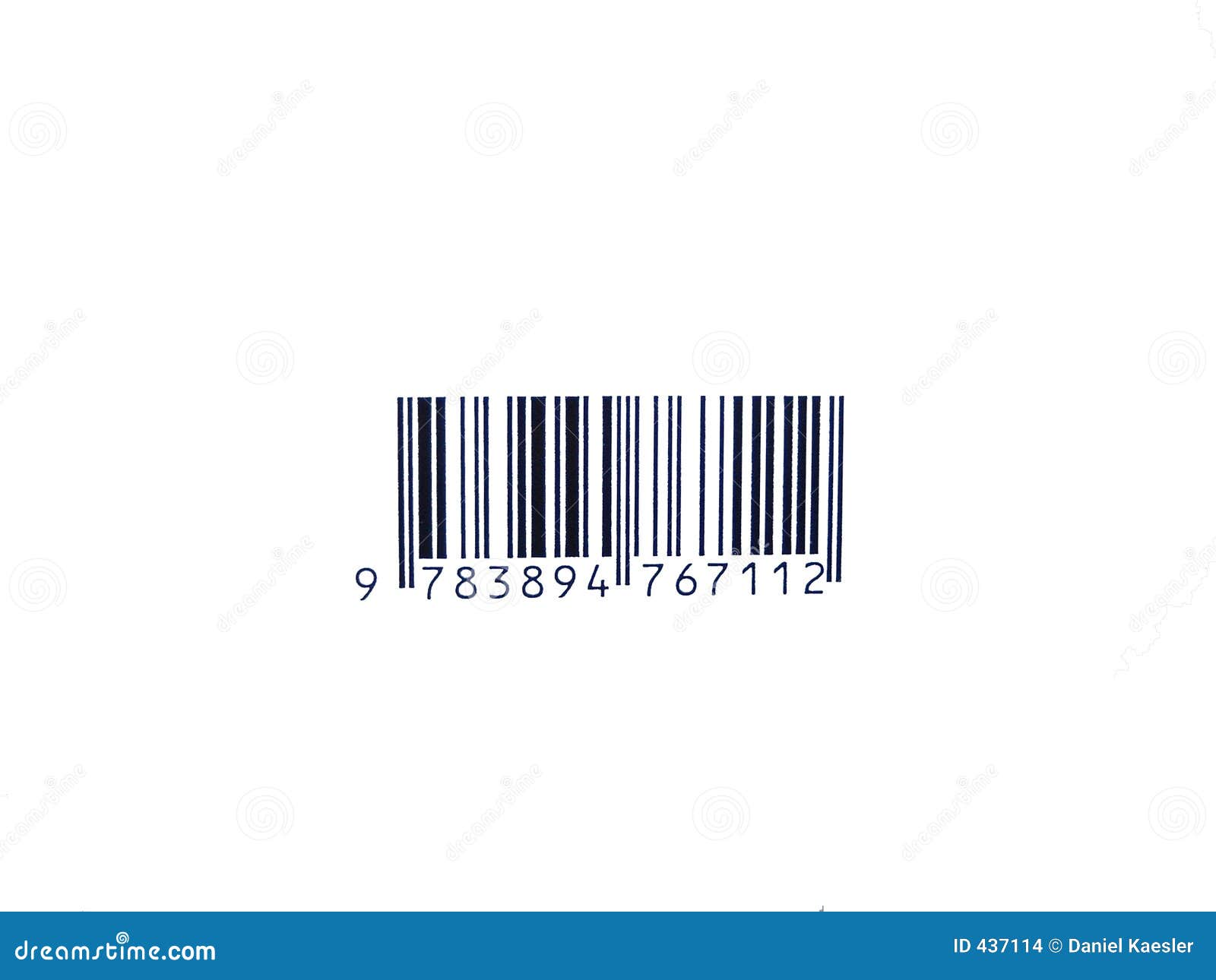

Instead, there are a few different ways that scammers use QR codes to steal your personal information or commit fraud: The codes themselves aren’t dangerous - it’s how they’re used that can become problematic.Ī QR code doesn’t only direct you to a URL. What Happens If You Scan a Fake QR Code?įirst off, there’s technically no such thing as a “fake” QR code. Scammers put their QR codes in places where people usually expect to find them - like at a restaurant or even in an email - and then wait for someone to scan the code. Unbeknownst to you, you could be offering your information to a fake payment terminal or a convincing look-alike login screen. These "fake" QR codes redirect you to malicious websites designed to steal your sensitive information. QR code scams take advantage of the fact that the human eye can’t “read” a QR code - so we need to trust that the code is taking us to the right URL or doing what it’s supposed to do.īut because QR codes are so easy to create, scammers can replace legitimate ones with their own fraudulent codes.

That is, unless a cybercriminal has tampered with or replaced the QR code. The program will then produce a unique QR code that, when scanned, automatically directs customers to wherever the QR code creator wants them to go. To create a QR code, businesses go to an online QR code generator and input the URL to which they want to send customers - a menu, login page, survey, or payment processor. This makes QR codes easy for businesses to use - but it’s also easy for scammers to take advantage of them. How Do QR Scams Work?Īnyone can create a QR code by using a number of free online tools. In this guide, we’ll explain how fake QR code scams work, common scams to be cautious of, and what to do if you think you’ve scanned a malicious QR code. So, how can you tell if a QR code is safe to scan? And what should you do if you think you’ve scanned a code that’s been tampered with? These scams hijack normally safe QR codes and send you to phishing websites that steal your financial information (or worse). Since early 2022, the FBI has warned that fake QR code scams are on the rise. But scammers have started to take advantage of our trust in QR codes.

But are they always safe to scan?įew people give a second thought when scanning a QR code at a restaurant to view a menu or enter credit card information to pay for their meal. While Quick Response (QR) codes have been around for over 25 years, their use in everyday life has exploded since the start of the pandemic.


 0 kommentar(er)
0 kommentar(er)
